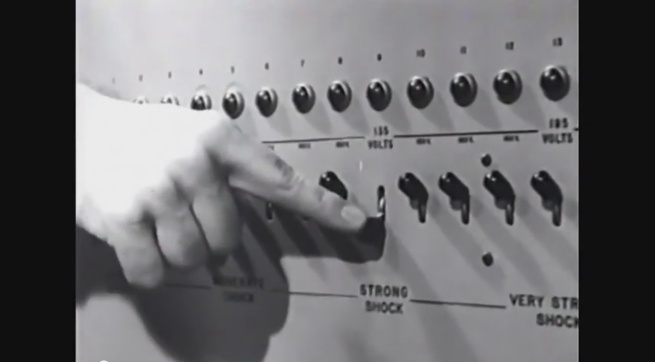Friday Salon: On Skeuomorphism
21 Aug 2015
Coinciding with the exhibition of Lives on Wire by Eloise Hawser, this Friday Salon will be a discussion on Skeuomorphism, the art of replicating an artefact in a form which is appropriate to another medium.
Chaired by Wood Roberdeau, speakers Maya Oppenheimer and Lina Hakim present and discuss their latest research on object and ‘things’ within the fields of art, design and science.
Maya Oppenheimer is a design writer, educator and researcher based in London and holds a PhD in Humanities and Cultural Studies from the London Consortium. Her work currently explores object-centered transactions across art, science and design, particularly laboratory instrumentaria and methodologies of experiment and deception. Her teaching reflects this interest: she is a visiting tutor in the School of Design at the Royal College of Art and lecturer in Critical Studies and Visual Culture at the Cass School of Design and Imperial College London, respectively. Maya is also an Executive Trustee of the Design History Society and has published work in multidisciplinary forums.
Dr Lina Hakim is a London-based researcher, lecturer and artist who is particularly interested in the overlaps between the material cultures of science, technology, craft, and play. She is currently Andrew Mellon Post-Doctoral Research Fellow at the Victoria and Albert Museum and teaches a course on ‘Science, Art & Design’ to undergraduate STEM students at Imperial College, London. Lina’s doctoral project, Scientific Playthings: Artefacts, Affordance, History, looked at three nineteenth-century scientific instruments that became toys to explore the thinking that things afford at the levels of encounter, production, use and re-appropriation.
Dr Wood Roberdeau is a lecturer in Visual Cultures at Goldsmiths, University of London. By investigating the tenets of the European neo-avant-garde, his research has explored contemporary art's remobilization of everyday poetics by locating corresponding tensions within sociology, phenomenology and metaphysics. Questions concerning everyday subjective experience and the ontology of objects have led to a focus on predetermined limits of the poetic as it pertains to the activation of visual art within an unavoidable discourse of eco-criticism and philosophical post-humanism. His current teaching centres on art theory informed by the spatial theme of dwelling, or, political ecology after environmentalism.





